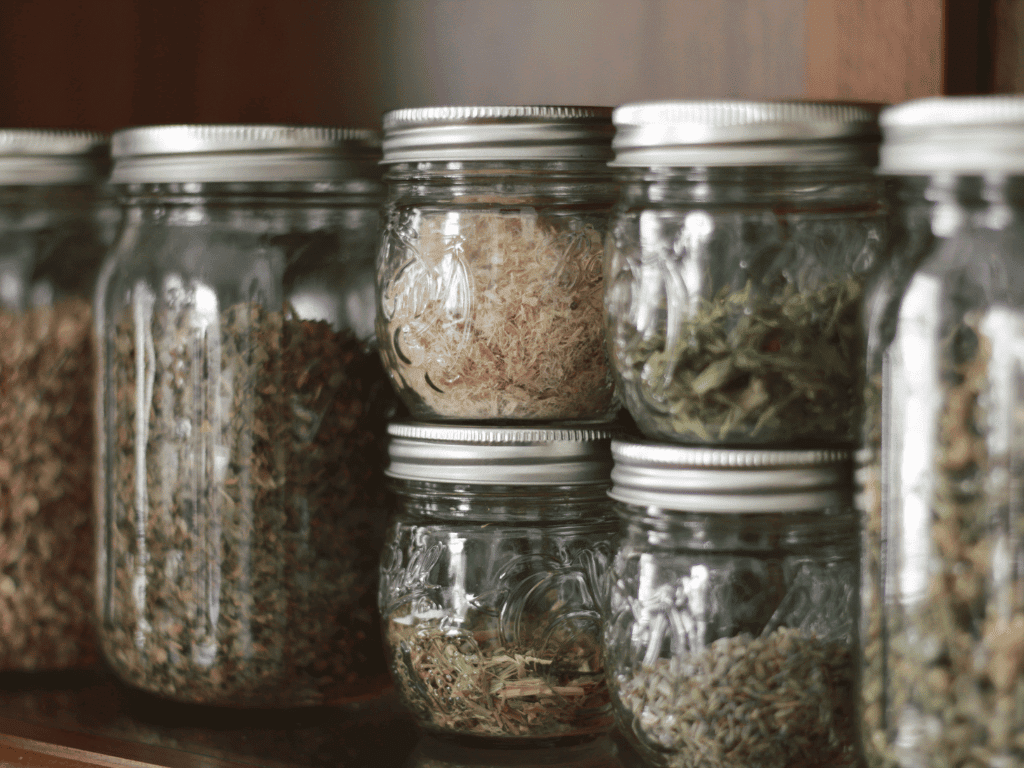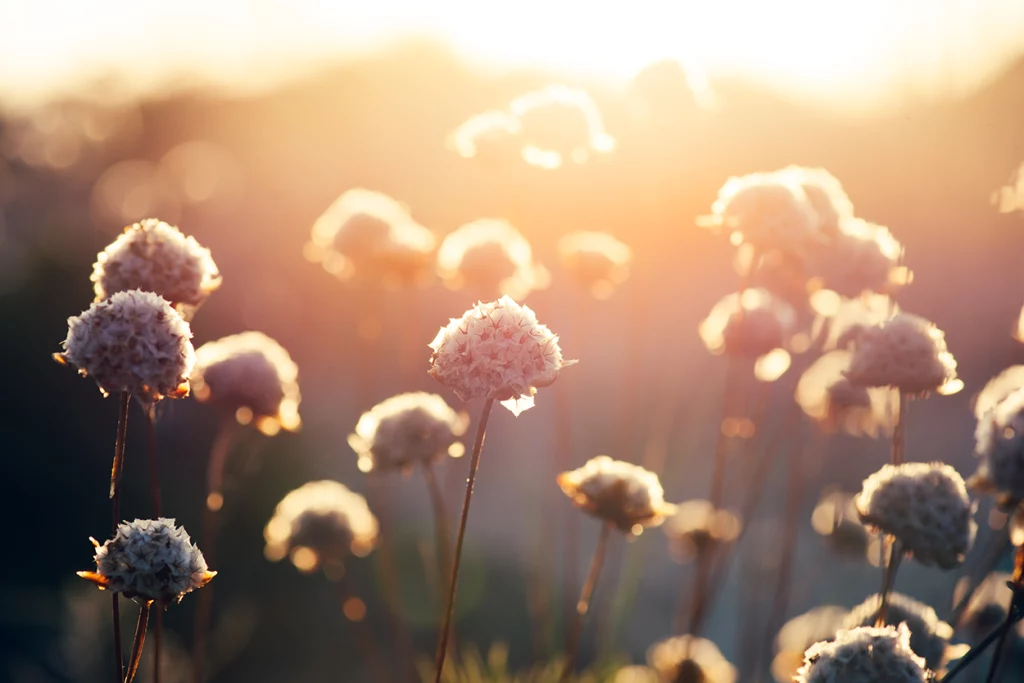Hello and welcome! Today I will be going over five steps to becoming an herbalist and building a strong foundation for your practice. Herbalism is the people’s medicine and has been practiced for millennia. Herbalists build relationships with plants by studying their properties, life cycles, growing requirements, and best practices for harvesting. Becoming an herbalist is a life-long journey that requires patience and dedication to learning.
1. What kind of herbalist will you be?
There are many different ways to practice herbalism and several paths to choose from. I practice Western Herbalism, but there are so many other paths that you may feel more culturally aligned with, like Ayurvedic or Traditional Chinese Medicine. If you are unsure, I encourage you to research what your ancestors may have practiced and begin there.
Once you figure out what path to begin studying, you should decide what kind of practitioner you will be. A home herbalist cares for themselves, friends, and family. Community herbalists usually have formal training and work within their communities. Clinical herbalists have extensive training in clinical settings and offer personalized services to the public. The American Herbalists Guild has a list of approved schools, programs, and mentors.

2. Researching and Resources
One of the hardest parts of studying herbalism is figuring out who to learn from. Many people share incorrect and even dangerous information, so you must learn to vet sources and use discernment. In the United States, there are laws that prevent us from saying certain things, so be very wary of herbalists claiming to provide cures, diagnoses, or any other phrases that indicate they are providing medical advice. The American Herbalists Guild offers an excellent breakdown of what we can and cannot say/do as herbalists on their legal faqs page.

Here are a few of my favorite books that you may find helpful:
Encyclopedia of Herbal Medicine by Andrew Chevallier
This is one of my favorite books because it provides hundreds of detailed plant profiles, basic herbal remedies, and an overview of the history of herbalism across many different cultures.
The Modern Herbal Dispensatory by Thomas Easley and Steven Horne
This is an excellent resource for learning about energetics and tissue states. They also include several plant profiles and basic remedies.
Rosemary Gladstar’s Medicinal Herbs: A Beginner’s Guide by Rosemary Gladstar
This was my very first herbalism book so it holds a special place in my heart. Rosemary Gladstar breaks down herbal remedies in a very approachable way. She is an excellent resource for beginners and makes herbalism seem less intimidating.
The Healing Garden by Juliet Blankespoor
Juliet Blankespoor is the founder of Chestnut School of Herbal Medicine, where I studied herbalism. She has a beautiful way with words and her book really showcases her love for plants. This book is an excellent resource for anyone interested in gardening and growing their own herbs. She also includes several plant profiles and recipes.
The Practice of Traditional Western Herbalism: Basic Doctrine, Energetics, and Classification by Matthew Wood
Matthew Wood approaches herbalism in a very spiritual way. I love this book, though it can be a bit dry. He doesn’t have the sparkle of Juliet or Rosemary, but I learned a lot from his writings.
Here are a few online resources:
- American Herbalists Guild
- Dr. Duke’s Phytochemical and Ethnobotanical Databases
- A Modern Herbal Online Database
3. Start Building Your Apothecary
Stocking your apothecary will probably be a gradual process, and there is no need to purchase tons of herbs all at once. I suggest you start with one or two herbs at a time so you can properly study and connect with them. Begin collecting glass jars, glass bottles, and labels to store your dried herbs. Research local herbal supply stores or order from trusted companies like Mountain Rose Herbs. Start researching local native plants, get a regional field guide, and learn about ethical wildcrafting.
Here are some trusted online herbal supply stores:

4. Keep Records and Create a Materia Medica
As you begin your journey into studying herbalism, you should take notes, keep journals, and build a materia medica. A materia medica is a collection of your herbal knowledge in either written or digital form. Herbalists build their collection over time as they study and use each herb. If you’d like to learn more, I wrote a blog post about creating your materia medica. I also keep journals for my herbal preparations, tea tastings, gardening, wildcrafting, and study notes.

5. Connect With Nature
An integral part of being an herbalist is connecting with plants, nature, and the Earth. Not only does it improve our overall health and well-being, but I believe it strengthens our intuition when preparing herbal remedies. Plants are complex and made up of hundreds to thousands of constituents so we do not fully understand all the ways they affect us. By building a relationship and connection with nature, I believe we can rely more on our inner knowing and let the plants speak to us.
I encourage you to get outside, breathe fresh air, and visit nearby green spaces. Find local plant nurseries and just take a look around. Care for an indoor plant or build a garden. There are so many ways to connect with nature.











